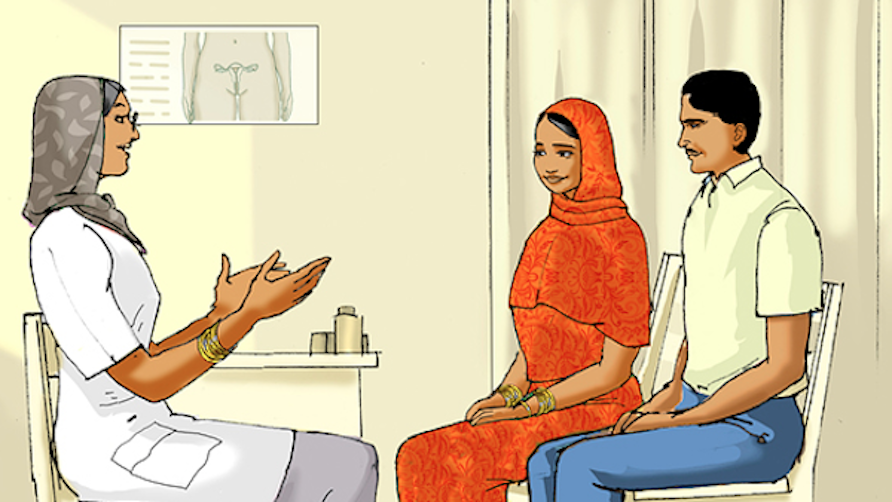When it comes to improving women’s health, do men have a role?
Absolutely.
That’s a guiding principle behind the Levi Strauss Foundation’s support for BSR’s HERproject, a program that advances the health and well-being of thousands of women in apparel factories where Levi Strauss & Co.’s products are made.
This time, the Levi Strauss Foundation and our partner in Pakistan, Aga Khan University, is supporting a HERproject program…for men.
Even though HERproject traditionally targets female workers, men are critical partners when it comes to pre- and post-natal care, family planning, and preventing sexually transmitted infections – health topics that are at the core of our curriculum for women. According to our data, they also face unique health risks of their own—namely smoking, drug addiction, and dengue fever.
The first phase of the program had targeted female workers, who experienced significant health benefits, and the factory reported reduced absenteeism and turnover rates.
So, it wasn’t a surprise to us that educating men drove several improvements in health behaviors and attitudes as well:
• Factory management reported that men visited the onsite clinic more frequently to ask questions about their own health, as well as the health of their wives.
• Male workers demanded that smoking be prohibited in the factory. They also organized to ban other unhealthy behaviors, such as chewing paan or betel (a stimulant commonly used by both male and female workers).
• Men learned that neglecting women’s general and reproductive health can have a range of consequences for their entire family.
For women and men alike, HERproject has proven to be a successful model for improving worker well-being, as it relates to health and beyond.
By empowering women and men to learn about their health and share their knowledge with their coworkers and families, we are encouraging them to take responsibility for their health—a shift in behavior with profound implications far beyond the factory walls.








